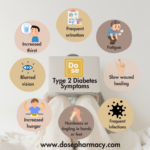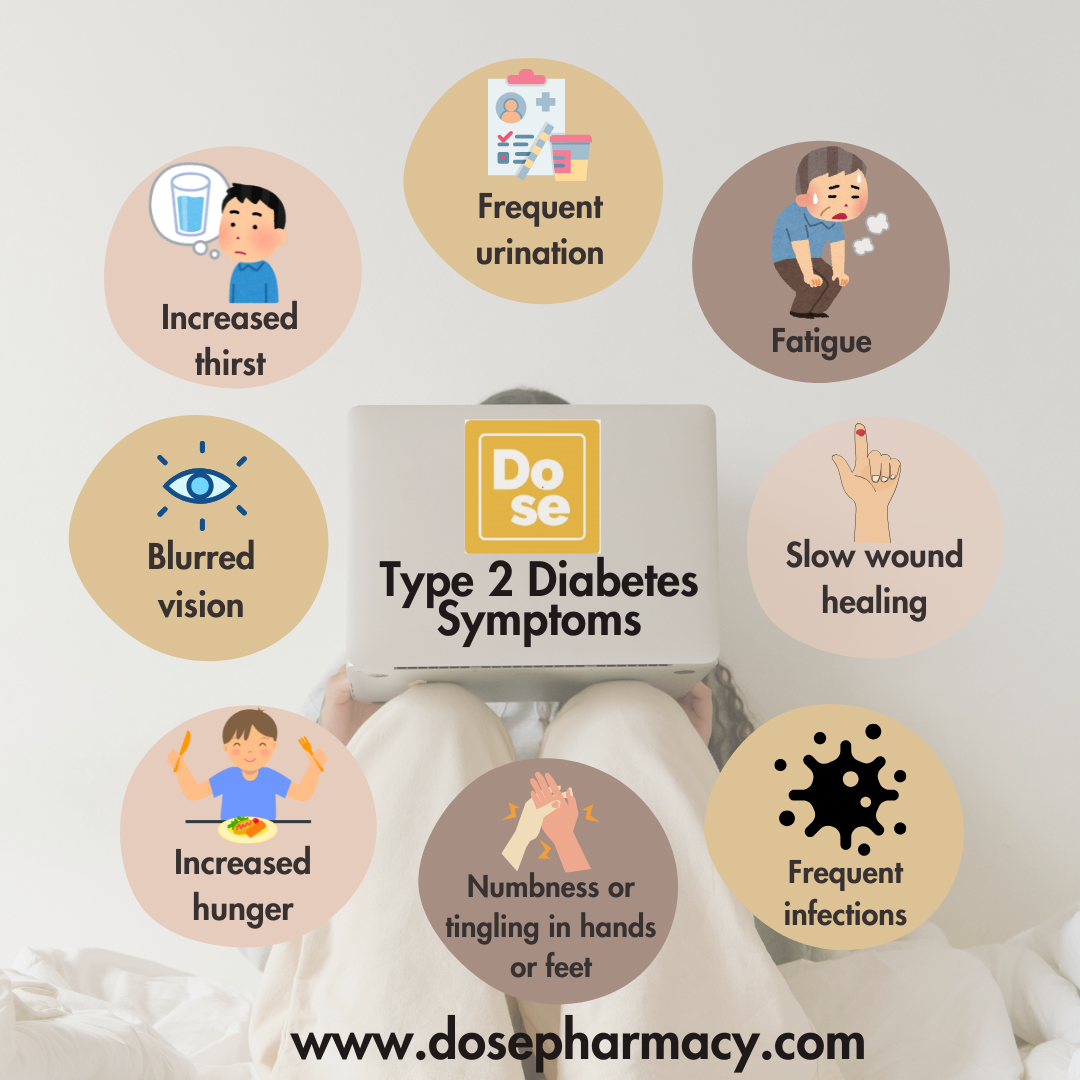Introduction
Have you heard about vitamin B injections? They’re becoming more popular these days. People use them for many reasons, like boosting energy or improving health. But are these shots really as good as people say? Let’s look at the good and bad sides of vitamin B injections.
What Are Vitamin B Injections?
The Basics of Vitamin B
Vitamin B isn’t just one vitamin. It’s actually eight different nutrients. These nutrients help our bodies work well. The eight B vitamins are B1 (Thiamine), B2 (Riboflavin), B3 (Niacin), B5 (Pantothenic Acid), B6 (Pyridoxine), B7 (Biotin), B9 (Folate), and B12 (Cobalamin). Vitamin B injections typically contain a combination of these essential B vitamins, delivering them directly into the bloodstream for rapid absorption.
How Vitamin B Injections Work
Vitamin B shots usually have high amounts of B vitamins. The most common one is B12. These shots go directly into your blood. This means your body can use the vitamins right away.
The Pros of Vitamin B Injections
1. Quick Absorption
One big plus of vitamin B shots is how fast they work. The vitamins go straight into your blood. Your body can use them right away.
2. High Availability
Almost all of the vitamin B in the shot is usable by your body. This is great for people who have trouble absorbing vitamins from food.
3. More Energy
Many people say they feel more energetic after getting B vitamin shots. This can be helpful if you often feel tired.
4. Better Metabolism
Vitamin B helps your body turn food into energy. Some people think B shots can help you lose weight.
5. Help for Some Health Problems
Treating Pernicious Anaemia
Some people can’t absorb vitamin B12 from food. They need B12 shots to stay healthy.
Possible Brain Benefits
Some studies show B12 shots might help brain function. They could slow down some brain diseases.
The Cons of Vitamin B Injections
1. Possible Side Effects
Vitamin B shots are usually safe, but they can cause problems. Some people might have pain where the shot was given. Others might get mild diarrhoea. Some people could have itching or a rash. A few might feel sick to their stomach.
2. Risk of Too Much
It’s rare, but you can get too much vitamin B. This can happen with high-dose shots. Signs of too much vitamin B include skin redness and high blood pressure. Some people might have nerve problems. In very rare cases, it could cause liver damage.
3. Cost
Vitamin B shots can cost more than pills. Insurance might not pay for them if you don’t need them for medical reasons.
4. Reliance Concerns
Some people feel like they need regular B shots to feel good. This might hide other health problems that need attention.
5. Mixed Scientific Results
Some studies show B shots help a lot. Others say they’re not much better than pills or eating well.
Who Might Need Vitamin B Injections?
Medical Reasons
Some people might need B shots because of health issues. This includes people with pernicious anaemia. Those who’ve had stomach surgery might need them too. People with Crohn’s disease could benefit. Vegetarians and vegans who might not get enough B12 may also need shots.
Lifestyle Factors
Some life choices might make B shots more helpful. These include having lots of stress or drinking too much alcohol. Not eating any animal products could make B shots necessary. People who do intense sports training might also benefit.
Other Ways to Get Vitamin B
1. Vitamin Pills
Most people can’t get enough vitamin B from good quality pills.
2. Eating the Right Foods
You can get B vitamins from many foods. Good choices are green leafy veggies and eggs. Milk, cheese, and lean meats are also good sources. Fish and whole grain breads and cereals can help too.
3. Changing Your Habits
Sometimes, changing how you live can help more than getting shots.
How to Decide if B Shots Are Right for You
1. Talk to a Doctor
Before you start B shots, talk to a doctor. They can check if you really need them. They might do blood tests to see if you’re low on B vitamins. A doctor can tell you the best way to get more B vitamins.
2. Think About Your Health Goals
Ask yourself what you want to achieve. There might be better ways to reach your goals.
3. Look at Costs and Benefits
Think about how much time and money B shots will take. Compare this to what you hope to gain.
4. Try It for a Short Time
If you decide to try vitamin B injections, start with a short time frame. See how they make you feel and assess their impact on your overall well-being before committing to a long-term regimen.
Conclusion
Vitamin B shots can help some people with certain health problems. But they’re not the answer for everyone. Think carefully about the good and bad points. Talk to a doctor. Listen to your body.
Remember, eating well, exercising, and living healthy are the best ways to feel good. Vitamin B shots might help, but they can’t replace these important habits.







